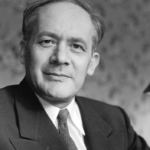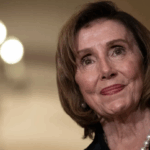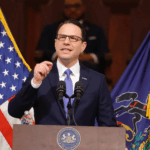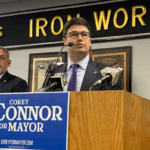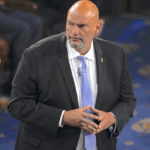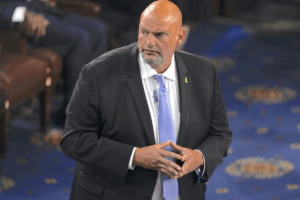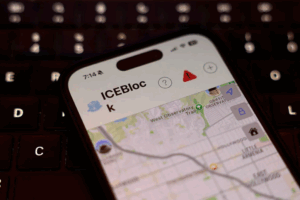The rabbis have requested a review of public uses and registrations of the Lemkin name by the organization.
Raphael Lemkin, the Polish-Jewish jurist who coined the term “genocide,” is at the center of a political and moral debate — this time over how his name is being used in modern advocacy campaigns related to the Israel-Hamas war. Since Israel’s response to the October 7, 2023 Hamas attack, accusations of genocide have surged internationally, sparking disputes not only over policy but over language and history itself.
In recent weeks, a group of Los Angeles rabbis joined members of Raphael Lemkin’s family in urging Pennsylvania officials to investigate how a nonprofit called “Active Genocide Alert” has used and registered the Lemkin name in its public branding. The organization has been active in labeling Israel’s military actions as genocide, a connection the family argues misrepresents Lemkin’s legacy.
The family’s complaint, filed September 29 before the letters from the rabbis were sent, asks the state to conduct a formal review of all public uses, website registrations, and legal filings involving the Lemkin name. Their goal, they say, is to ensure that Lemkin’s scholarship is not invoked in ways they view as politically loaded or historically inaccurate.
“Raphael Lemkin’s name was meant to protect the Jewish people, not to be used against them. When we see his legacy turned upside down, it feels personal, especially after Oct. 7,” said Joseph Lemkin, a New Jersey attorney and partner at Stark & Stark who is a founder of the Jewish Bar Association of New Jersey.
Lemkin said community concern has grown steadily since the war began, with rabbis, survivors’ families, and Jewish leaders expressing alarm about how the term he created is being deployed in modern political arguments. “We’re hearing from survivors’ families, community members and rabbis here in Los Angeles. It’s moving to see how many people want to keep the Lemkin name sacred, above politics,” he said in a recent interview.
Advocates for the review stress that their effort is not aimed at limiting criticism of Israel but at protecting what they see as the moral and historical integrity of Raphael Lemkin’s work. For them, the involvement of clergy from Los Angeles underscores the broader concern within the Jewish community about the way genocide rhetoric has escalated during the conflict.
Lemkin said that having “the voices of other LA rabbis stand with us matters a great deal,” describing the growing coalition as an effort to ensure that Raphael Lemkin’s name “remains above politics from California to Harrisburg.”

